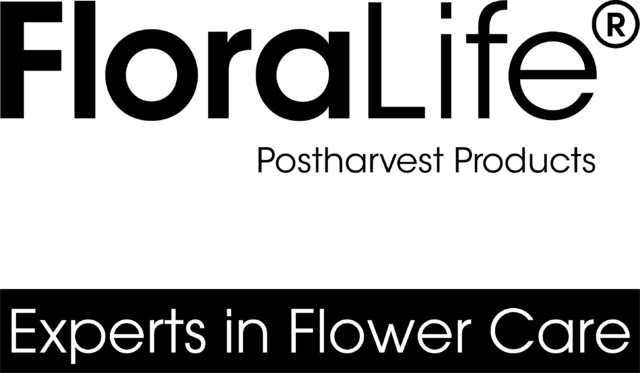Effects of EthylBloc™ Sachet on Standard Carnation
Research Update May 2024, powered by FloraLife
Jan Boers – R&D and Regulatory Manager Europe & Africa – FloraLife

Introduction:
Carnation is one of the main crops grown in Kenya. After export, it is used in mixed bouquets, but can also be purchased as mono bouquet. It is a crop that can have a long vase life, but it is also known for ethylene sensitivity.
EthylBloc™ sachets are developed to protect flowers and plants from ethylene-related damage and loss. The sachets are designed to treat flowers in boxes, which is ideal for export, as treatment can take place during shipment. The active ingredient, 1-methylcyclopropene (1-MCP), a gas that is released from the powder inside the sachet, comes free during shipment and binds to ethylene receptors. This makes it impossible for ethylene to bind to these same receptors to start the aging process. Another advantage is that it is possible to select boxes that you want to treat, making it cost effective.
In this Research Update we will present a test on the effect of EthylBloc™ sachets on standard Carnations from a Kenyan grower.
Metods:
Day 1
Flowers were harvested. The bottom leaves were stripped off, wrapped in a protective net and placed into solutions as per the below treatment explanation.
Treatment 1 – Control Treatment
After harvesting, flowers were placed in plain water for the standard period that the product normally stays in the field (1 hr). The flowers were then transported dry to the receiving area and were transferred into plain water to hydrate overnight.
Treatment 2 – FloraLife® Express Clear 100 treatment – EthylBloc™ sachet box treatment
After harvesting, flowers were placed in FloraLife® Express 100 treatment and held for the same period that the product normally stays (1 hr). The flowers were then transported dry to the receiving area whereby they were transferred into FloraLife® Express 100 solution to hydrate overnight.
Day 2
After the overnight hydration, flowers were processed by grading, bunching and wrapping SFK around the flower heads. They were then dry packed into boxes.
The EthylBloc™ sachet treatment was done in a separate standard box. Two sachets were put into the box, one on each side of the box. This box was stored in a separate cold room to prevent that the other box containing the control samples would be treated with 1-MCP.
Transport and storage simulation started: 4 days in the boxes inside the cold rooms.
Day 6
After the 4 days storage simulation, the set was shipped to Jomo Kenyatta International Airport where they were collected by FloraLife. At the FloraLife labs, the flowers were unpacked, and flower stems re-cut and placed in vases containing FloraLife® Express 300 flower food solution. All leaves that would be below the solution level were removed. Flower vases were placed in the evaluation room for vase evaluation.
Data:
- Vase life according to VBN evaluation criteria
- Flower opening, according to below scale:

Results:
Table 1: Vase life (in days), for each variety and for each treatment.

Table 2: Flower opening at end of vase life, for each treatment – 1 way analysis.

Conclusion:
EthylBloc™ Sachet can have positive effects on vase life and flower opening of standard Carnation.
EthylBloc™ is a registered trademark of AgroFresh Inc.
*Product availability depends upon geographical region. Check here for more information.
